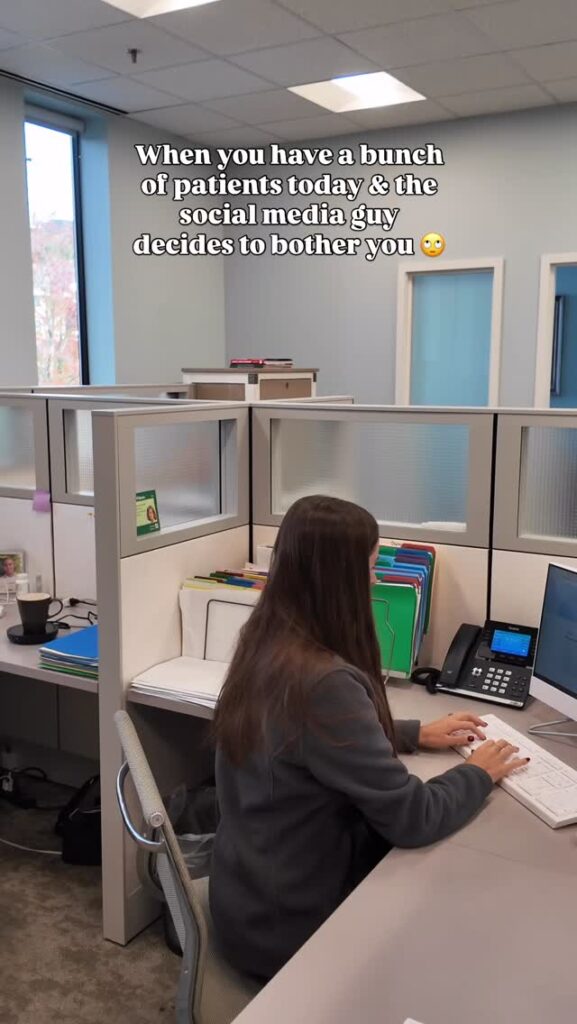Practicing meditation and experiencing its many great benefits is exciting. While wanting to share your excitement with others is not unusual, keep in mind that there are a lot of preconceived notions about meditation, and there’s a chance others will find it difficult to relate to what you’re talking about.
Here are a few tips on how to explain meditation and how to debunk some of the more common myths about the practice:
Meditation isn’t about “emptying” your mind
For some people, the idea of attempting to completely purge your mind of thoughts isn’t very appealing or realistic. Let them know that it’s more about relaxing and focusing the mind, and simply letting thoughts come and go. Make sure to point out that this is an innate ability all of us have.
Let them know they might encounter some difficulty at first
Most of us are used to always doing something at any given moment (especially nowadays with smartphones and tablets), so wrapping your head around keeping still and doing nothing may seem like an impossible task.
Let people know that they can start off with as little as five minutes each day, just focusing on their breath. Once they get the hang of it, they can then increase the amount of time. Explain to them that it’s something that gets easier the more they do it.
Don’t try to force it on anyone
Listening to someone talk about being too stressed or feeling depressed may give you the urge to ramble endlessly about how meditation can solve everything for them. Avoid doing so – no one likes to listen to a know-it-all who thinks they have a solution to every single one of their problems.
Instead, simply tell them about how meditation has helped you, and ask if it’s something they might be open to. If they respond positively, that’s when you can talk to them about how they can get started.
Meditation isn’t just another task to add to the “to-do” list
Some people might be hesitant about adding another thing they’ll have to deal with each day. Let them know that there are plenty of ways to incorporate meditation – you can do it while walking, riding the train, or even while on the internet. Check out some of the many available meditation apps like Buddhify or Headspace.
Meditation is maintenance for the mind
When talking about meditation, explain to others that it’s like maintenance for the mind, like getting rid of junk files on your computer, or spring cleaning for your home. Once it’s part of your daily ritual, you will sense improvement in your overall well-being; you’ll be able to think more clearly, feel calmer and more focused, and be more in tune with the present.
Talk about what works for you
Be honest about your experience, and tell others about some of the difficulties you might have encountered when you started meditation. Don’t make any promises, and emphasize that what worked for you might not be the same for them.


 Opened more than 30-years ago by Dr. Ann Doggett, WholeBody Solutions is a holistic wellness center whose mission is to provide the community with safe, effective, and natural answers to health and wellness concerns. Our all-encompassing wellness center focuses on the following drug-free services: Nutrition, Chiropractic, Acupuncture, and Weight Loss. Our goal is quite simple – to make sick people well and to keep healthy people healthy. It’s that simple and that powerful.
Opened more than 30-years ago by Dr. Ann Doggett, WholeBody Solutions is a holistic wellness center whose mission is to provide the community with safe, effective, and natural answers to health and wellness concerns. Our all-encompassing wellness center focuses on the following drug-free services: Nutrition, Chiropractic, Acupuncture, and Weight Loss. Our goal is quite simple – to make sick people well and to keep healthy people healthy. It’s that simple and that powerful.

